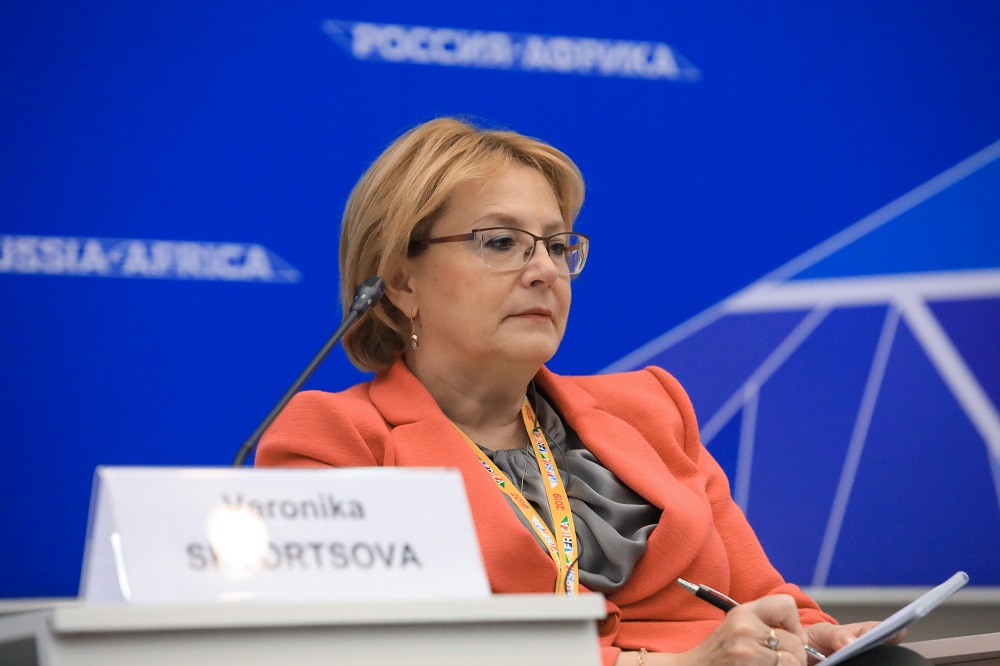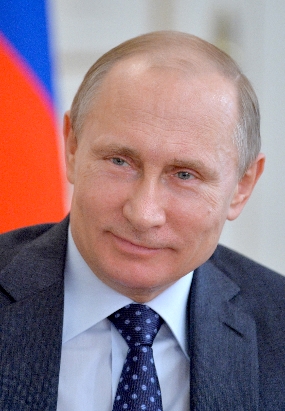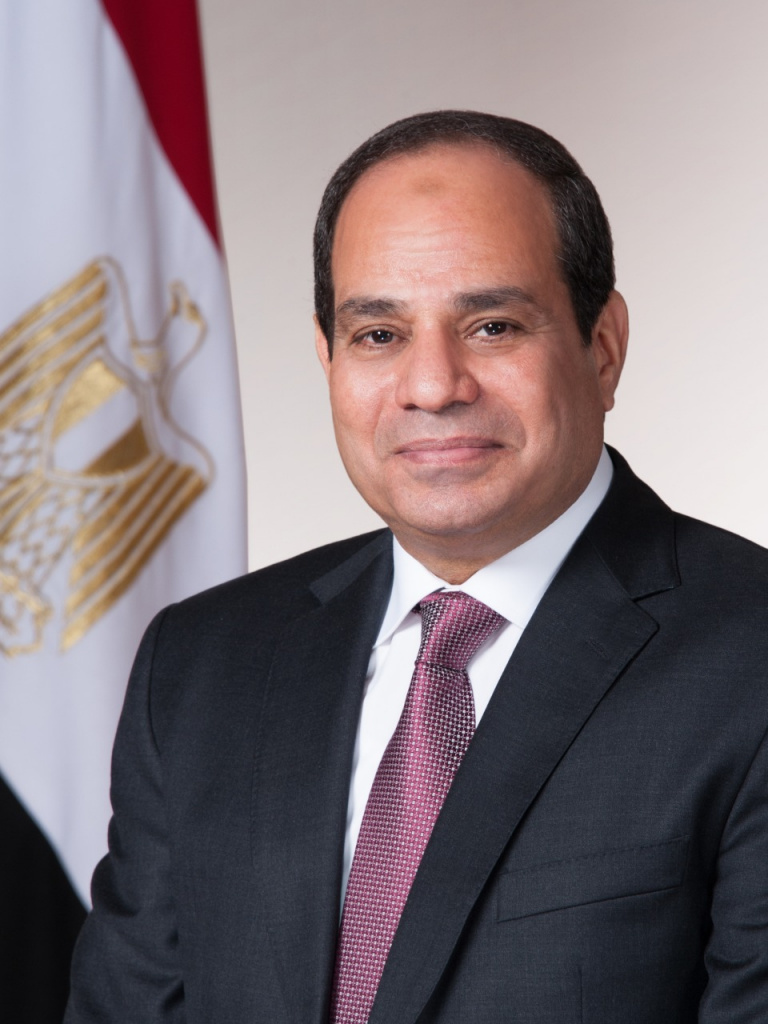Drivers of Growth in National Healthcare Systems

KEY CONCLUSIONS
Africa desperately needs to upgrade healthcare
“Human capital should get the best investment. Africa has a huge potential. It can be a continent with high growth rates, and we need to invest in our people to develop the human capital in African countries, to help it grow, improve and develop,” H.E. Mohamed Maait, Minister of Finance of the Arab Republic of Egypt.
“The population is growing fast, with growth rates being the highest in the world. Over the next four years, Africa’s population will be the highest in the world, that is why we need to invest in the segment that ensure healthcare services,” Erick Rutto, First Vice President, Kenya National Chamber of Commerce and Industry; Founder, Reale Hospital.
“We had a healthcare system that was basically developed together with Belgium. Belgians were colonialists, though I would name healthcare among their positive heritage. <…> Unfortunately, by 90s serious political problems appeared on the national level, which caused a significant damage to the whole country. It hit the healthcare system as well. <…> All of it turned into a long-term damage to the country. <…> We would like to have the right resources to support and help the upgrade of our healthcare system,” Eteni Longondo, Minister of Health of the Democratic Republic of the Congo.
Russia provides significant support to Africa in developing medicine
“Our cooperation has a long history rooted in the past. We believe that healthcare cooperation with African countries is a priorities of the Russian Federation’s international policy,” Veronika Skvortsova, Minister of Health of the Russian Federation.
“Russia is actively helping doctors and nurses from African countries to upgrade their skills under the Muskoka initiative and a special Russian programme. Over 6 years, between 2013 and 2018 leading research centres have trained over 250 neonatologists, pediatricians, pediatric resuscitationists, anesthesiologists, and infectious disease specialists. That was a profound training,” Veronika Skvortsova, Minister of Health of the Russian Federation.
Russian business and science are interested in cooperating with African countries in medicine
“Experts believe that by 2035 the healthcare market will grow multifold. In 2030, the medicine segment of the economy will come to USD 260 billion and rank among the world’s biggest markets. Therefore, it is a huge opportunity for Russian healthcare companies that we cannot miss,” Alexey Repik, President, Delovaya Rossiya (Business Russia); Chairman of the Board, Group R-Pharm.
“Africa is a key partner, because it is the place where most new diseases appear, and what we see in countries with moderate climate is just steam from the pot where pathogens permanently exchange genetic information and where new pathogens emerge. That is why cooperation with African countries is crucial for Russia and our country’s biosecurity,” Simon Matskeplishvili, Deputy Scientific Director, Lomonosov Moscow State University Clinic; Member of the Board, Russian Society of Cardiology.
PROBLEMS
Underdeveloped healthcare system in Africa
“Healthcare in Africa is a universal problem, whether you live in the Republic of Congo, South Africa, Egypt, or anywhere else. These countries may have a slightly different development level, but generally the problems are the same across the continent,” H.E. Wycliffe Ambetsa Oparanya, Chairperson, Council of County Governors of the Republic of Kenya.
Lack of access to quality medication
“Some of the medication carries an outrageous price tag. Given certain economic difficulties, this problem is difficult to resolve,” Meriem Razgallah Khrouf, Director of Drug and Pharmacy Unit, Ministry of Health of the Republic of Tunisia.
“There are issues of counterfeit medication. It is a serious problem. There are diseases that people suffer from, life HIV, where 70% of patients are in Africa,” Skhumbuzo Ngozwana, President, Chief Executive Officer, Kiara Health Pty.
Lack of timely diagnostics
“One of the key issues we are facing is the inability to access diagnostics on time. Diagnostics facilitates treatments, whereas if you are not diagnosed on time – it creates serious problems,” Skhumbuzo Ngozwana, President, Chief Executive Officer, Kiara Health Pty.
Lack of qualified personnel
“We are facing shortage of medical professionals, which also hinders access to medical help. We need first tier professionals, nurses, and doctors,” Skhumbuzo Ngozwana, President, Chief Executive Officer, Kiara Health Pty.
SOLUTIONS
Expanding the enrollment of African students into medical training
“We have 18 thousand Egyptian post-graduate students who study in Russian universities. It is a perfect example of how we profit from the Russian higher education,” H.E. Mohamed Maait, Minister of Finance of the Arab Republic of Egypt.
“We are interested in training high level pharmaceutical professionals, especially in the area of biomedicine. Our cooperation with Russia would have gone further in this regard. It already exists, but we would like to see it on a larger scale,” Soumaya Yahiaoui, General Director of Pharmacy and Health Equipment, Ministry of Health, Population and Hospital Reform of the People's Democratic Republic of Algeria.
Applying Russian competences in Africa
“We possess significant competences in producing medical equipment and medical solutions. <…> We are ready to share with your countries, and we already have experience supplying the African countries,” Ivan Ozhgikhin, Deputy General Director for Development of Sales, Marketing and Service Support Systems for Civil Products, Shvabe.
“Every country in Africa has its own problems, like measles in Congo, but there are global issues. <…> We would like to point out the problems of particular importance and try to resolve them,” Simon Matskeplishvili, Deputy Scientific Director, Lomonosov Moscow State University Clinic; Member of the Board, Russian Society of Cardiology.
Designing financing mechanisms to supply Russian medical equipment to Africa
“We are not talking about Russian companies coming and saying: you do not have enough equipment, let us sell it to you. How are you going to sell it? To whom? We need to think about the financial model you are going to use,” H.E. Wycliffe Ambetsa Oparanya, Chairperson, Council of County Governors of the Republic of Kenya.
For more information, visit the Roscongress Information and Analytical System at roscongress.org.


